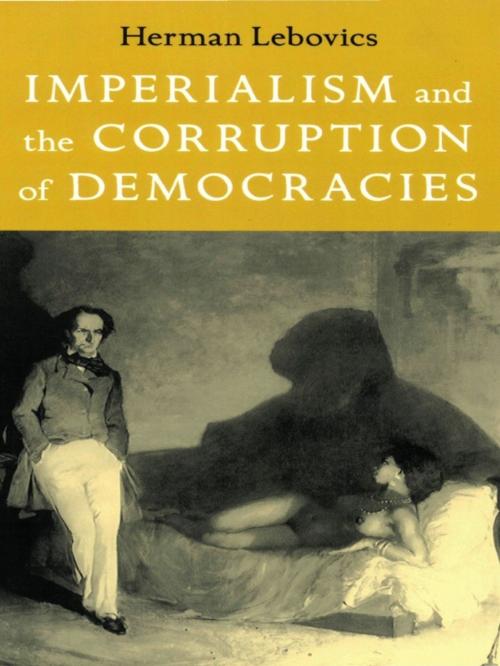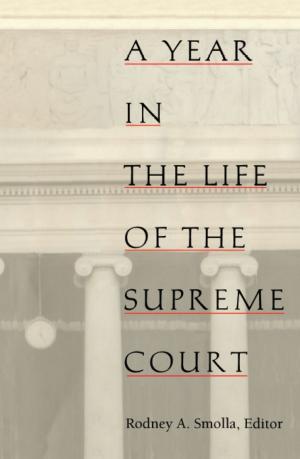Imperialism and the Corruption of Democracies
Nonfiction, Social & Cultural Studies, Political Science, Government, Democracy, History, World History, Politics, History & Theory| Author: | Herman Lebovics | ISBN: | 9780822387794 |
| Publisher: | Duke University Press | Publication: | February 14, 2006 |
| Imprint: | Duke University Press Books | Language: | English |
| Author: | Herman Lebovics |
| ISBN: | 9780822387794 |
| Publisher: | Duke University Press |
| Publication: | February 14, 2006 |
| Imprint: | Duke University Press Books |
| Language: | English |
In this important volume, Herman Lebovics, a preeminent cultural historian of France, develops a historical argument with striking contemporary relevance: empire abroad inevitably undermines democracy at home. These essays, which Lebovics wrote over the past decade, demonstrate the impressive intellectual range of his work. Focusing primarily on France and to a lesser extent on the United Kingdom, he shows how empire and its repercussions have pervaded—and corroded—Western cultural, intellectual, and social life from the mid-nineteenth century to the present.
Some essays explore why modern Western democratic societies needed colonialism. Among these is an examination of the seventeenth-century philosopher John Locke’s prescient conclusion that liberalism could only control democratic forces with the promise of greater wealth enabled by empire. In other essays Lebovics considers the relation between overseas rule and domestic life. Discussing George Orwell’s tale “Shooting an Elephant” and the careers of two colonial officers (one British and one French), he contemplates the ruinous authoritarianism that develops among the administrators of empire. Lebovics considers Pierre Bourdieu’s thinking about how colonialism affected metropolitan French life, and he reflects on the split between sociology and ethnology, which was partly based on a desire among intellectuals to think one way about metropolitan populations and another about colonial subjects. Turning to the arts, Lebovics traces how modernists used the colonial “exotic” to escape the politicized and contested modernity of the urban West. Imperialism and the Corruption of Democracies is a compelling case for cultural history as a key tool for understanding the injurious effects of imperialism and its present-day manifestations within globalization.
In this important volume, Herman Lebovics, a preeminent cultural historian of France, develops a historical argument with striking contemporary relevance: empire abroad inevitably undermines democracy at home. These essays, which Lebovics wrote over the past decade, demonstrate the impressive intellectual range of his work. Focusing primarily on France and to a lesser extent on the United Kingdom, he shows how empire and its repercussions have pervaded—and corroded—Western cultural, intellectual, and social life from the mid-nineteenth century to the present.
Some essays explore why modern Western democratic societies needed colonialism. Among these is an examination of the seventeenth-century philosopher John Locke’s prescient conclusion that liberalism could only control democratic forces with the promise of greater wealth enabled by empire. In other essays Lebovics considers the relation between overseas rule and domestic life. Discussing George Orwell’s tale “Shooting an Elephant” and the careers of two colonial officers (one British and one French), he contemplates the ruinous authoritarianism that develops among the administrators of empire. Lebovics considers Pierre Bourdieu’s thinking about how colonialism affected metropolitan French life, and he reflects on the split between sociology and ethnology, which was partly based on a desire among intellectuals to think one way about metropolitan populations and another about colonial subjects. Turning to the arts, Lebovics traces how modernists used the colonial “exotic” to escape the politicized and contested modernity of the urban West. Imperialism and the Corruption of Democracies is a compelling case for cultural history as a key tool for understanding the injurious effects of imperialism and its present-day manifestations within globalization.















